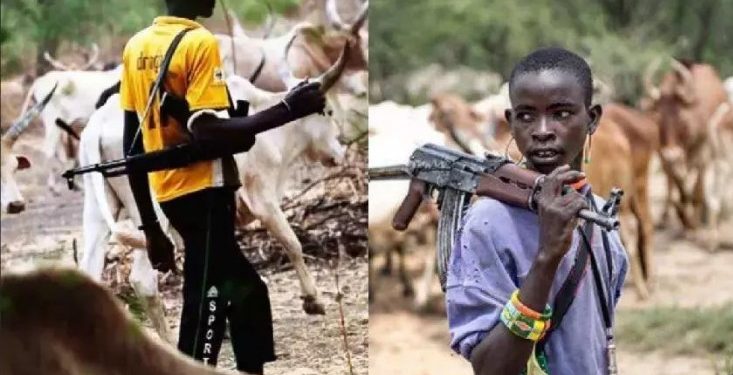A new report by SBM Intelligence has revealed that Nigeria’s deepening food insecurity crisis is being driven by a combination of climate change and persistent violent conflicts, transforming the nation’s fertile fields into battlegrounds.
The report highlights how floods, unpredictable rainfall, and rising temperatures—hallmarks of the climate emergency—have devastated farmlands across states such as Niger and Plateau. These environmental shocks have disrupted planting and harvest cycles, further straining the nation’s agricultural output.
However, the report emphasises that violent conflicts, including farmer-herder clashes, banditry, and insurgent attacks, pose an even greater threat. These conflicts have forced the abandonment of farmlands, destroyed crops, and displaced entire farming communities.
In Benue State, often referred to as Nigeria’s food basket, food production has sharply declined as families flee violence, leaving communities to seek refuge in internally displaced persons camps. According to data from the Armed Conflict Location and Event Data project, over 5,000 people have lost their lives in Benue between 2023 and 2025.
The report underscores the need for a robust conflict resolution model to address the violence in Benue and other food-producing areas of the country. It criticises the failure of policy initiatives such as the National Livestock Transformation Plan and anti-open grazing laws, attributing their ineffectiveness to poor implementation and a lack of political will.
SBM Intelligence proposes the establishment of clear and equitable guidelines for grazing rights and land ownership, along with robust legal frameworks for resource access and dispute resolution. It also calls for intensified efforts to disarm non-state actors, control the proliferation of sophisticated weapons, and strengthen the government’s monopoly on force.
The report warns that without urgent intervention to address these intertwined challenges, Nigeria’s food security crisis could spiral further, undermining the economic and social stability of Africa’s most populous country.









